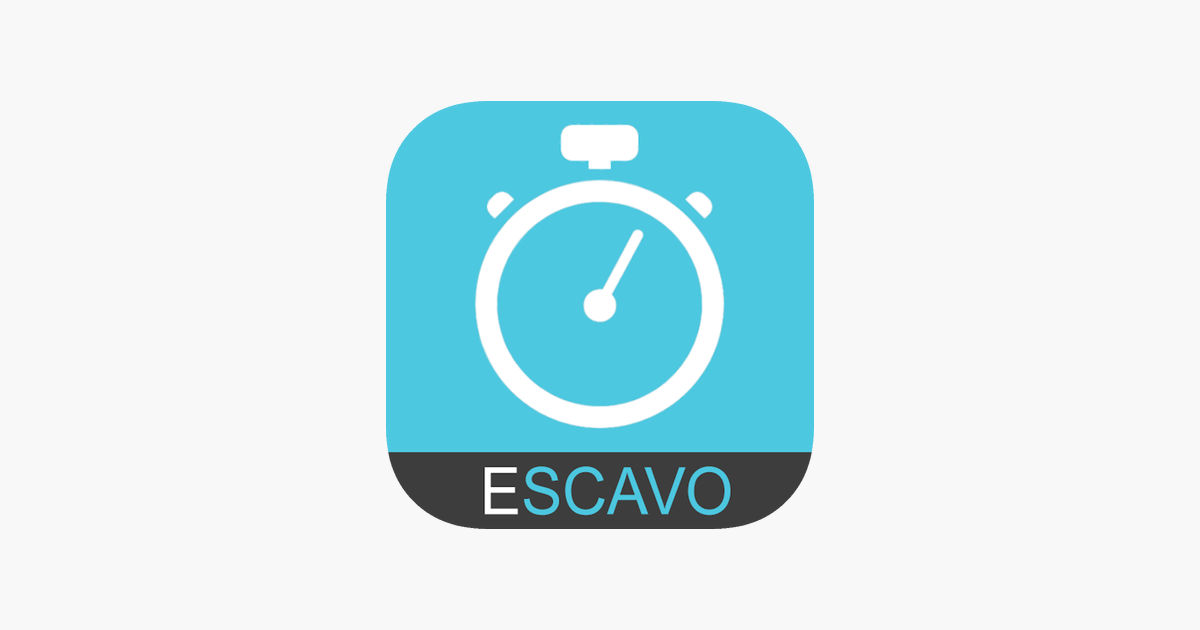Table of Contents
What impact have your apps had on clinical practice so far? We'd appreciate it if you could share some stats on how frequently your app is used worldwide.
The Sepsis Clinical Guide app has consistently ranked as the #1 app on the topic of sepsis in both the iTunes and Google Play stores, at least in the US stores, but likely in others as well. The app has high ratings (4.4-5.0) in both stores from a good number of users (over 700 in Google Play and over 40 in iTunes) as well as many positive review comments, especially in Google Play. The app has had over 150k downloads and is regularly used by thousands of clinicians throughout the world every month.
Although we don't track user occupations, based on user feedback, most are physicians and nurses specializing in critical care medicine, emergency medicine, and other hospital-based specialties. Some users have communicated that their entire ICUs regularly use the app, and some hospitals have installed it on their mobile device fleets to encourage its use by house staff.
Recently, Beckman Coulter, one of the world's largest medical diagnostics companies has sponsored the app. Their generous support has allowed major improvements and continued maintenance of the app for which we are very grateful. It is hard to gauge the app's impact on clinical practice, but based on user comments from Google Play store and communications with users over the years, it is significant.
The Sepsis Timer app has a very niche application and was only recently released on iOS only so its user base is still quite small. We don't directly track internal app events for this app, but according to limited app store data, it gets several hundred sessions per month primarily in the US, probably due to its relevance to US sepsis treatment regulations.

We do not directly track events for the Chief Complaint app, but it gets several thousand sessions per month according to app store data. The app is highly rated in both iOS iTunes store (5 stars) and Android Google Play (4.7 stars). According to the positive comments in the app stores as well as on Amazon in reference to the print version of the app, The Chief Complaint has probably helped a good number of clinicians practice better medicine in emergency rooms throughout the US and elsewhere.
What are the tools and technologies used to build your mobile apps (both cloud- and client-side)? Was it a native or cross-platform development? Did you consider other technologies?
The app is developed in Axway Appcelerator, a Javascript-based cross-platform development toolkit. Appcelerator is very robust and well supported, is well integrated with native SDKs, and produces apps that approach native performance.
What were the main challenges you had to overcome when developing your apps? Could you please single out the biggest technical challenges, product challenges, marketing challenges, and support challenges?
On the technical end, it can be difficult to find good mobile developers, especially for specialized non-native platforms. Content development is highly technical and time consuming given that the app addresses very a specialized medical topic. The app has a niche professional audience so finding the right marketing channels can also be a challenge - wide-scale social media marketing doesn't work.
Could you single out the three biggest mistakes you made when developing your apps?
Waiting a year to develop an Android version, otherwise happy with our choices.
When it comes to medical apps, sooner or later the issue of data protection and security always comes up. How do you make sure that user data is secure?
We do not collect personal user data other than basic analytics — number of page views, downloads, locale, etc.
What's next for your apps? Are there any new features, functionalities, or upgrades planned for future updates?
We are constantly updating the app's content to stay up to date with changes in clinical practice guidelines. In terms of new features, more diagnostic tools may be coming.
We are excited about the technologies and what they might hold for the healthcare and the future of medicine. What do you think this technology-driven, human-centered future holds for mobile health and how do your apps plan to contribute?
We believe AI holds great promise for medicine and are investigating ways of leveraging this technology in future products.
Could you share a word of advice with other mobile app developers? What steps they should follow in order to make a successful app?
With the exception of big apps like Medscape, which is fantastic, many medical mobile apps out there are very poor, in my opinion. Many provide little information (e.g. an app that has one medical calculator), are not evidence-based, and have unattractive poorly designed UIs and poor usability.
My recommendations for a medical app developer are to:
- understand the medicine behind the app, whether its medical science or medical process workflow depending on what the app is intended for,
- base it on real science and/or a real understanding of how medicine is practically practiced in the area the app is designed for, and
- design a beautiful app with a nice modern interface with good usability/Ux.
Medical is probably one of the most unattractive app categories in the app stores — but just because it's medical it doesn't mean it should be ugly!
- Photo courtesy of ESCAVO


Your thoughts on this